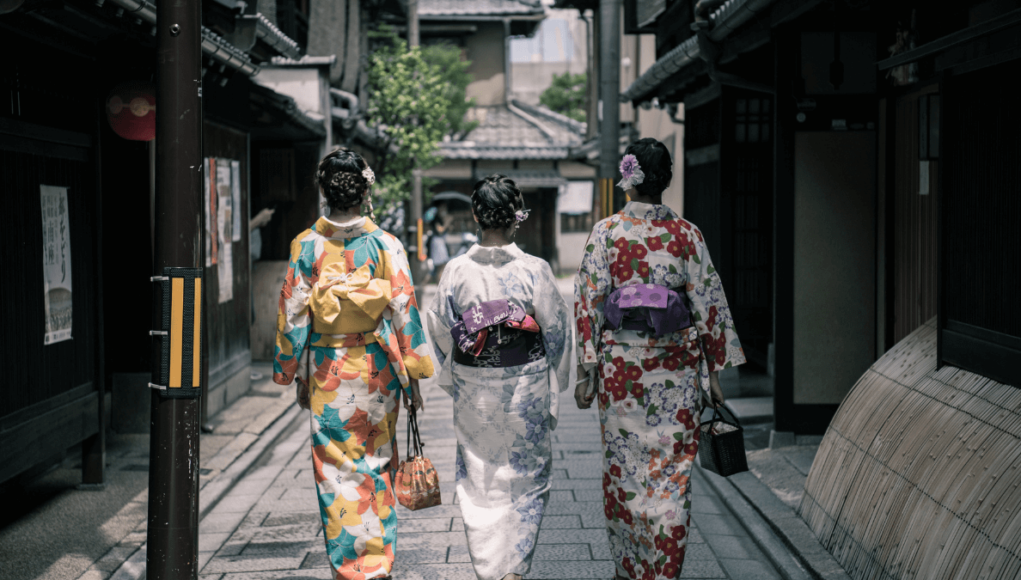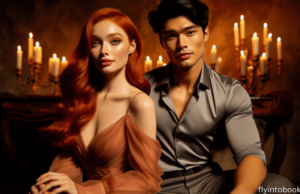Get Ready to Go on a Cultural Journey:
Join Our Newsletter and Discover Fascinating Destinations and Literary Adventures That Will Ignite Your Imagination!
Affiliate Disclosure: As an Amazon Associate, I earn from qualifying purchases. If you choose to purchase after clicking a link, I may receive a commission at no extra cost to you.
Exploring the Legends: Famous Japanese Authors Who Transcend Time and Genre
Japan, a country known for its rich cultural heritage, has produced some of the most influential and celebrated authors in the world. From ancient poetry and classical literature to contemporary novels and manga, Japanese literature has captivated readers for centuries. In this article, we delve into the lives and works of famous Japanese authors, exploring their unique contributions to the literary world. Join us on this captivating journey as we unravel the tapestry of Japan’s literary legacy.
Famous Japanese Authors: A Glimpse into their Remarkable Lives
1. Natsume Soseki: The Master of Psychological Fiction
Natsume Soseki, a luminary in the realm of Japanese literature, was born in 1867, leaving an indelible mark on the literary landscape. Renowned as one of Japan’s greatest modern novelists, his works delve deep into the complexities of human psychology, painting vivid portraits of the societal transformations that unfolded during the Meiji period. Soseki’s keen observations and astute analysis offer profound insights into the human condition, resonating with readers across time and cultures.
Among his vast repertoire, “Kokoro” stands as a pinnacle of Soseki’s literary prowess. This poignant masterpiece weaves a tapestry of emotions, unraveling the intricate threads of friendship, loyalty, and the burdens of personal identity. With poetic grace and remarkable introspection, Soseki invites readers on a profound journey, exploring the depths of the human soul and the complexities that shape our relationships and sense of self.
2. Yukio Mishima: The Iconoclastic Visionary
Born in 1925, Yukio Mishima emerged as a literary force, leaving an indelible mark on the tapestry of Japanese literature. Renowned for his provocative and daring works, Mishima fearlessly delved into the depths of human existence, shining a light on themes often considered taboo. With unflinching resolve, he explored the complexities of sexuality, the inevitability of death, and the profound clash between traditional values and the ever-encroaching forces of modernity.
At the heart of Mishima’s literary legacy stands “The Temple of the Golden Pavilion,” a masterpiece that encapsulates his literary prowess and enigmatic persona. This novel, inspired by true events, weaves a tapestry of beauty, obsession, and destruction, centering around the historical burning of the iconic Kinkaku-ji temple in Kyoto. Mishima’s prose exudes a palpable sense of passion and despair as he unravels the psyche of the tormented protagonist, revealing the dark undercurrents that propel both personal and societal turmoil.
3. Haruki Murakami: The Enigmatic Storyteller
Haruki Murakami, the enigmatic wordsmith of contemporary literature, has solidified his status as a literary giant through his captivating and mind-bending novels. With an uncanny ability to blur the boundaries between reality and the fantastical, Murakami has enthralled readers across the globe, igniting their imaginations and challenging their perceptions of what is possible within the realm of storytelling.
(Love Japanese manga? Check out the ultimate guide to Action Shonen manga here!)
At the core of Murakami’s literary universe lies a unique blend of magical realism, where everyday occurrences become imbued with a touch of the extraordinary. Through his evocative prose and mesmerizing narratives, he transports readers to ethereal realms that exist parallel to our own, urging us to question the nature of reality and the myriad possibilities that lie beyond the mundane.
One of Murakami’s most renowned works, “Norwegian Wood,” captivates readers with its poignant exploration of love, loss, and the profound impact of the past on our present. Set against the backdrop of 1960s Tokyo, the novel follows the introspective protagonist, Toru Watanabe, as he navigates a world of melancholy and longing. Murakami’s lyrical prose and delicate portrayal of human emotions resonate deeply, striking a chord within readers’ hearts and leaving an indelible mark on their literary journeys.
4. Junichiro Tanizaki: The Master of Elegance
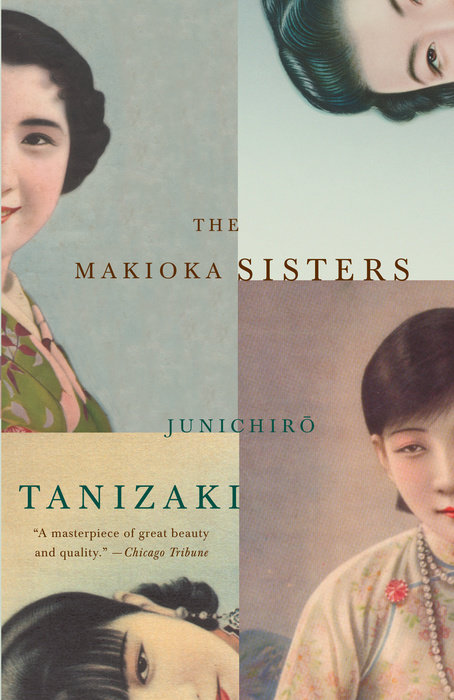
Junichiro Tanizaki, a literary luminary of the 20th century, mesmerizes readers with his exquisite prose and unwavering dedication to capturing the essence of traditional Japanese aesthetics. Through his novels, such as the captivating “The Makioka Sisters” and the introspective “Some Prefer Nettles,” Tanizaki delves deep into the intricate tapestry of human relationships, skillfully weaving together themes of love, desire, and the clash between tradition and the relentless march of modernity.
“The Makioka Sisters” stands as a crowning achievement in Tanizaki’s literary repertoire, transporting readers to the vibrant world of four sisters navigating the complexities of life in pre-World War II Japan. With meticulous attention to detail, Tanizaki paints a vivid portrait of a society on the cusp of transformation, where the weight of tradition clashes with the allure of progress. The novel’s lyrical prose invites readers to immerse themselves in the sisters’ lives, as they navigate the delicate balance between personal desires and familial obligations.
5. Ryunosuke Akutagawa: The Pioneer of Japanese Modernism
Ryunosuke Akutagawa, a luminary in the realm of Japanese modernist literature, stands as a visionary writer who fearlessly delved into the complexities of the human psyche and exposed the fragmented nature of post-World War I Japan. Through his compelling short stories, such as the iconic “Rashomon” and the enigmatic “In a Grove,” Akutagawa captivated readers with his exploration of profound themes, including moral ambiguity, the depths of human nature, and the unreliability of truth itself.
“In a Grove,” a captivating masterpiece by Akutagawa, presents a narrative puzzle that leaves readers pondering the nature of truth, memory, and the complexities of human motivation. Through a series of conflicting testimonies, the story explores the circumstances surrounding a murder, challenging the reader’s ability to discern the definitive truth from the divergent accounts. Akutagawa skillfully peels back the layers of each character’s psyche, revealing the depths of their desires, insecurities, and hidden truths. By leaving the ultimate resolution open to interpretation, Akutagawa invites readers into a realm where moral absolutes dissolve, and the enigmatic nature of human existence takes center stage.
Read More: 23 Best Romance Manga: Uncover Hidden Gems of Romantic Bliss!
6. Osamu Dazai: The Troubled Literary Genius
Osamu Dazai, a literary icon whose tumultuous personal life was as captivating as his introspective works, stands as a towering figure in the annals of Japanese literature. Through his masterpiece, “No Longer Human,” a semi-autobiographical novel of profound introspection, Dazai invites readers into the darkest recesses of the human psyche, exploring the depths of despair, the search for identity, and the intricate complexities of the human condition.
Dazai’s own life, marked by personal struggles and a constant battle with inner demons, serves as a poignant backdrop to his literary endeavors. Drawing from his own experiences, he crafts a narrative that unflinchingly peels back the layers of human existence, exposing the fragility, contradictions, and vulnerability that lie within us all. Through the lens of his protagonist, Yozo, Dazai chronicles a life plagued by a sense of detachment and a desperate yearning for connection. As Yozo navigates the treacherous terrain of human relationships and societal expectations, Dazai’s prose cuts to the core, resonating with readers who, too, grapple with their own insecurities and yearnings for authenticity.
Exploring the Literary Works of Famous Japanese Authors
1. The Haiku of Matsuo Basho: An Ode to Nature’s Beauty
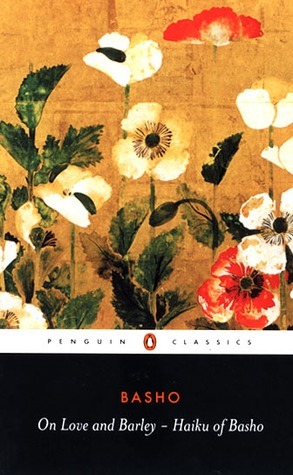
Matsuo Basho, a renowned poet of the Edo period, elevated haiku to an art form. His concise and evocative verses capture the fleeting beauty of nature, awakening a sense of contemplation and tranquility. Basho’s haiku, such as “An old silent pond… / A frog jumps into the pond— / Splash! Silence again,” continue to inspire poets worldwide.
2. The Tale of Genji: Murasaki Shikibu’s Masterpiece
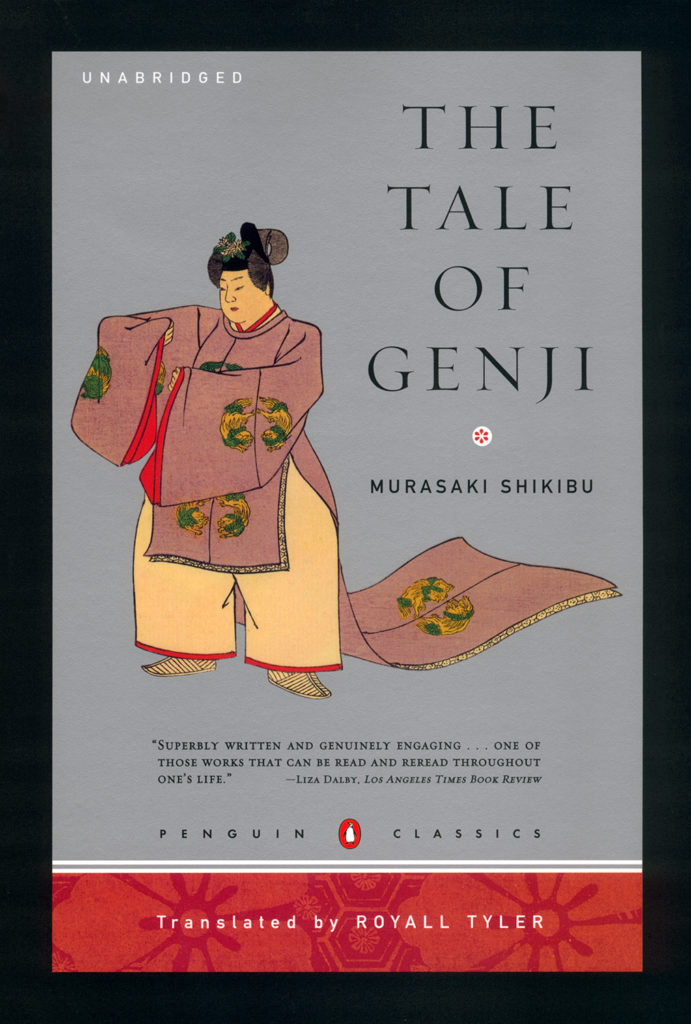
Murasaki Shikibu, a lady-in-waiting in the Heian court, penned “The Tale of Genji,” often considered the world’s first novel. This sprawling epic, written in the 11th century, follows the romantic escapades of the charming Genji and offers a fascinating glimpse into the intricate social hierarchy of the time.
3. Banana Yoshimoto: Exploring the Modern Human Experience
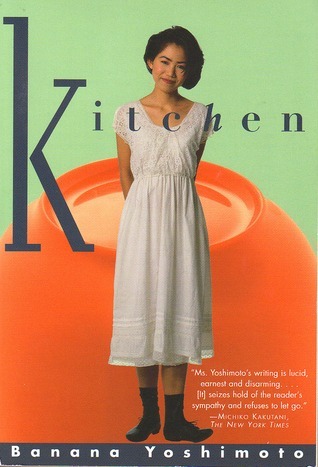
Banana Yoshimoto, a contemporary author, weaves intimate and introspective stories that explore the complexities of love, loss, and personal growth. Her novel “Kitchen” touches upon themes of family, identity, and the search for solace in a rapidly changing world.
4. Kobo Abe: The Absurdist Visionary
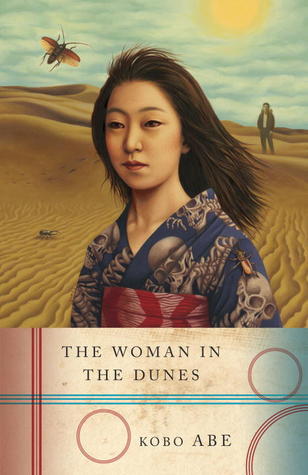
Kobo Abe, known for his absurdist and existentialist works, challenged the boundaries of conventional storytelling. In “The Woman in the Dunes,” Abe presents a surreal narrative that delves into themes of isolation, identity, and the human struggle for meaning.
FAQs about Famous Japanese Authors
The most famous Japanese author is arguably Haruki Murakami. His distinctive blend of magical realism, compelling characters, and thought-provoking themes has garnered him a massive global following.
Yes, there are many celebrated female Japanese authors. Some notable names include Banana Yoshimoto, Yoko Ogawa, and Hiromi Kawakami, each contributing their unique perspectives and storytelling prowess.
Q: What is the significance of haiku in Japanese literature?
Haiku is a traditional form of Japanese poetry that consists of three lines with a syllable pattern of 5-7-5. It captures a single vivid image, often focusing on nature, and aims to evoke a sense of contemplation and appreciation for the transient beauty of life.
As of my knowledge cutoff in September 2021, two Japanese authors have been awarded the Nobel Prize in Literature. Yasunari Kawabata received the prestigious honor in 1968, followed by Kenzaburo Oe in 1994.
Absolutely! Some classic Japanese authors worth exploring include Yasunari Kawabata, Junichiro Tanizaki, and Yukio Mishima. Their works offer profound insights into Japanese culture, history, and the human condition.
Yes, Japanese authors have made significant contributions to various genres. Ryu Murakami is known for his gritty and often disturbing thrillers, while Natsuo Kirino has gained acclaim for her gripping crime novels. Additionally, Japan’s manga industry has produced numerous talented and influential authors.
Conclusion
The literary landscape of Japan is a treasure trove of creativity, diversity, and profound storytelling. From the introspective works of Natsume Soseki and Haruki Murakami to the timeless poetry of Matsuo Basho, each famous Japanese author has left an indelible mark on the literary world. Their narratives offer glimpses into the intricacies of Japanese culture, society, and the universal human experience. So, immerse yourself in the enchanting works of these celebrated authors, and embark on a captivating journey through the realms of Japanese literature.
Happy reading!
A.J. McMahon
.
.
.
(P.S. Got any other books you want me to review? Then…)
Let’s Connect!
– GoodReads: A.J. McMahon
– Instagram: FlyIntoBooks
– Pinterest: FlyIntoBooks
– Facebook: FlyIntoBooks
– Twitter: @FlyIntoBooks
Affiliate Disclosure: As an Amazon Associate, I earn from qualifying purchases. If you choose to purchase after clicking a link, I may receive a commission at no extra cost to you.
Get Ready to Go on a Cultural Journey:
Join Our Newsletter and Discover Fascinating Destinations and Literary Adventures That Will Ignite Your Imagination!

